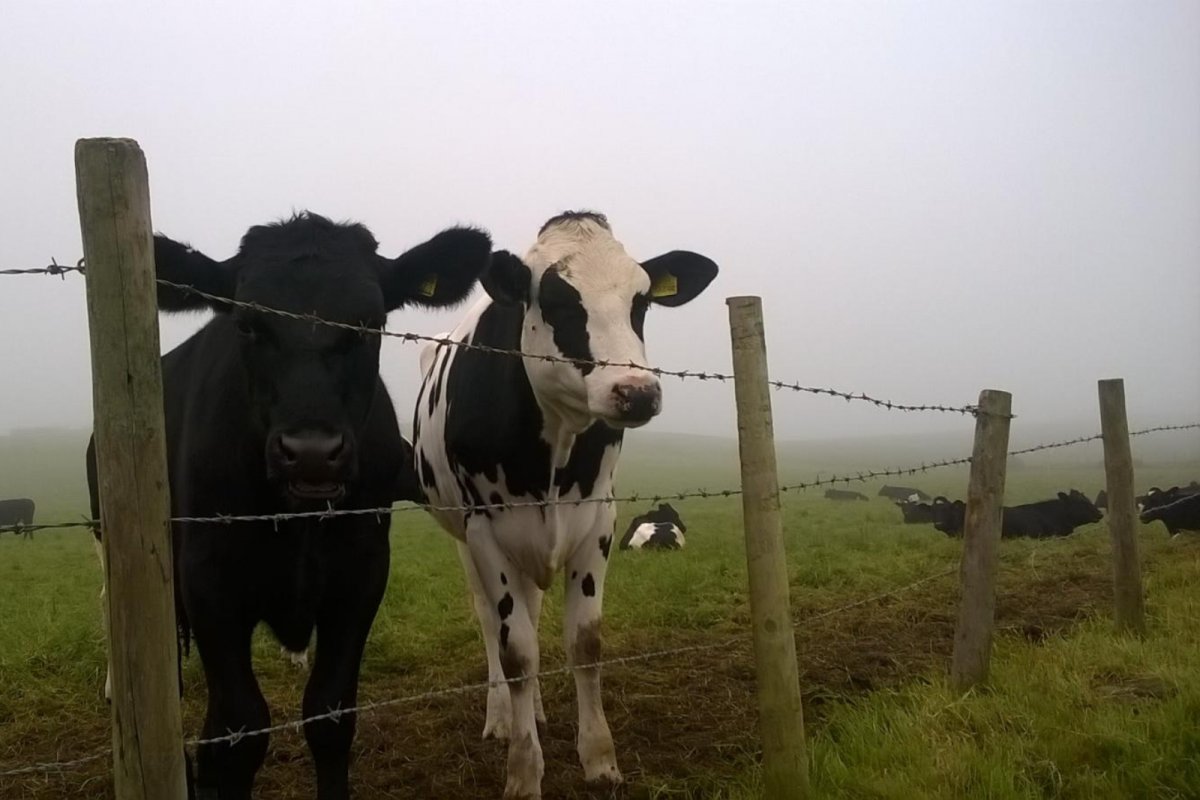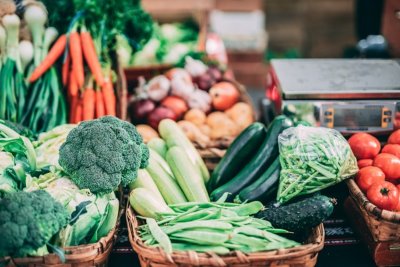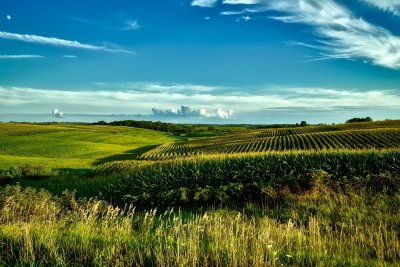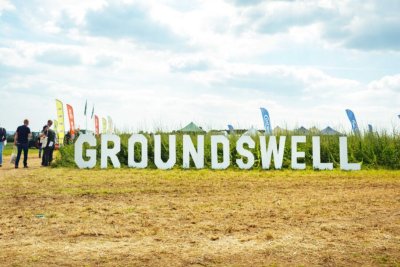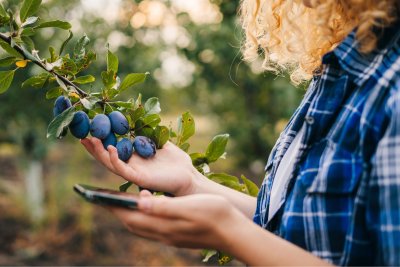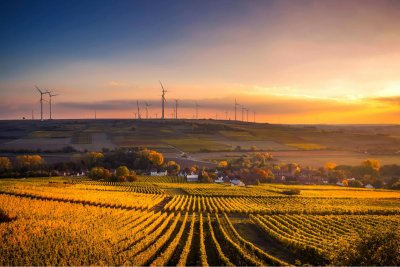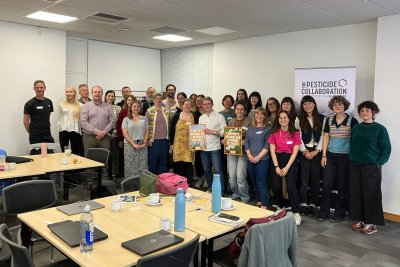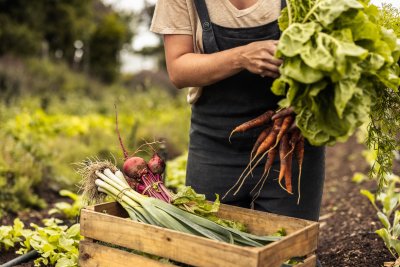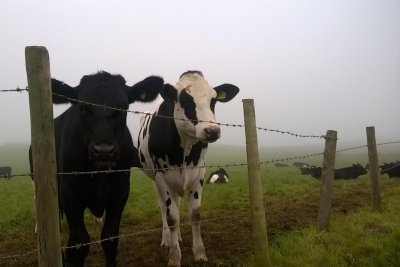 Credit: Ruth Westcott | Sustain
Credit: Ruth Westcott | Sustain
Government analysis shows stifled progress on emissions due to farmer uncertainty
The Department for Environment, Food, & Rural Affairs (DEFRA) have published a comprehensive analysis of greenhouse gas (GHG) emissions related to UK agriculture, farmer attitudes towards climate mitigation, and the uptake of on-farm mitigation measures.
The key findings of the analyses were:
- Some reduction in agricultural GHG emissions is evident: Total agricultural GHG emissions in the UK have decreased by 12% between 1990 and 2021. This reduction is attributed to a fall in animal numbers and a decrease in synthetic fertiliser usage, particularly during the 2000s, but emissions have plateaued in recent years.
- Emissions intensities in different agricultural sectors: There have been significant changes in emissions intensities within various agricultural industries. Emissions intensities from cattle, dairy, and pigs have decreased by 4%, 23%, and 44% respectively since 1990. However, sheep emission intensity increased by 5%.
- Sources of agricultural emissions: Agriculture is a major source of non-carbon GHG emissions in the UK, accounting for 71% of total nitrous oxide emissions and 49% of all methane emissions in 2021. In contrast, agriculture only accounted for about 1.9% of total carbon dioxide emissions.
- Farmer attitudes and mitigation measures: The 2023 Farm Practices Survey revealed that 62% of farmers consider it important to factor GHGs into farm business decisions, while 32% do not consider it important. Of those farmers taking action to reduce GHG emissions, 83% thought it was good business practice, and 73% were doing it out of concern for the environment. Conflicting views on how to reduce GHG emissions, and a general lack of information were two of the biggest reasons preventing action on farms to mitigate against climate change.
Will White, Sustainable Farming Coordinator at Sustain:
"This report shows some progress in reducing emissions, but the plateauing of emissions in recent years is concerning. Importantly, the report shows that the majority of farmers think it's important to factor in GHGs into their decision making, with many doing so out of concern for the environment. However, the perceived lack of consensus on how to reduce emissions among farmers is clearly holding back progress. This situation underscores the need for clear, consistent, and evidence-based guidance to support farmers in making informed decisions about emission reduction practices."
Ruth Westcott, Campaign manager, climate change and nature:
"The climate emergency is the single greatest threat to farming, and government inaction is risking the food security of future generations. One of the most striking results from the survey is that while two thirds of farmers think it is important to reduce emissions, in reality emissions have plateaued. Clearly this means the support and financial incentives to transition to lower-emissions farming systems are nowhere near sufficient. We desperately need a comprehensive Land Use Framework - which has been promised but is long overdue."
Sustainable Farming Campaign: Sustain encourages integration of sustainable food and farming into local, regional and national government policies.
Sustain
The Green House
244-254 Cambridge Heath Road
London E2 9DA
020 3559 6777
sustain@sustainweb.org
Sustain advocates food and agriculture policies and practices that enhance the health and welfare of people and animals, improve the working and living environment, promote equity and enrich society and culture.
© Sustain 2024
Registered charity (no. 1018643)
Data privacy & cookies
